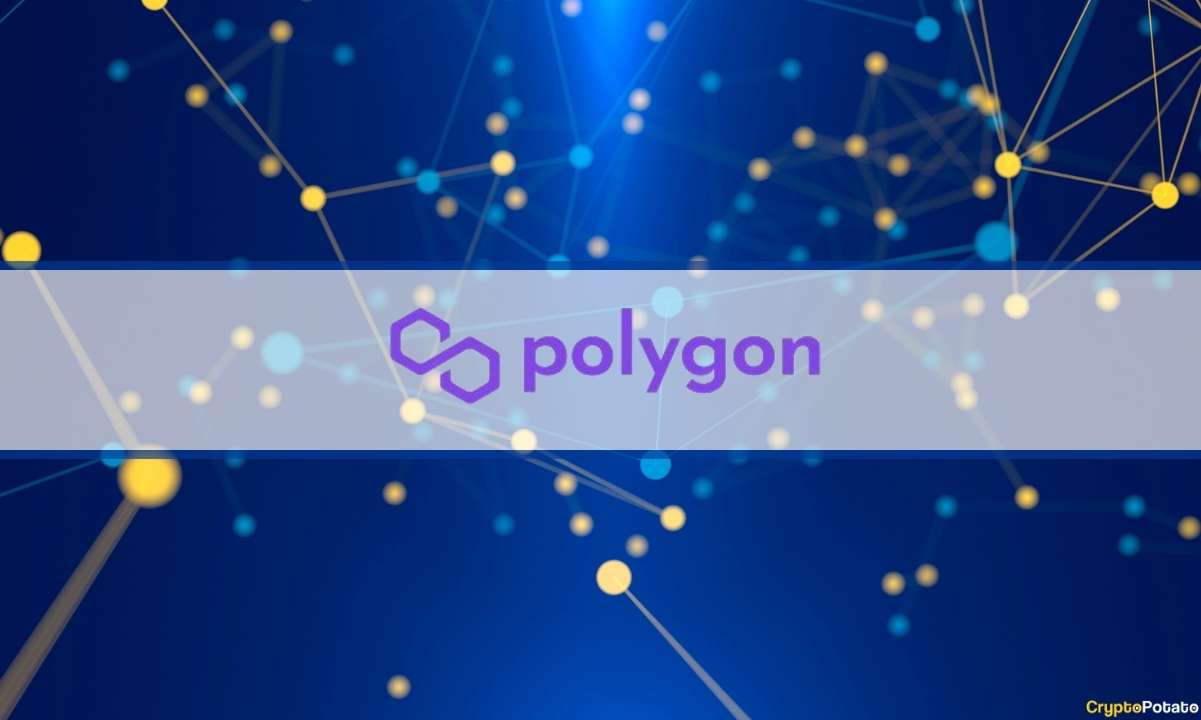The native cryptocurrency (MATIC) of the Ethereum scaling network Polygon has been at the forefront of altcoin gains. MATIC experienced an almost 20% surge in the past week, briefly reaching a 5-month high of $0.86. This upward momentum is attributed to increased trading activity and a more positive sentiment in the broader cryptocurrency market.
Thank you for reading this post, don't forget to subscribe!The upcoming developments, particularly Polygon 2.0, have the potential to further extend this rally.
Polygon: Key Metrics Q3
As per the latest quarterly report by Nansen, exclusively shared on cryptopotato, Polygon has demonstrated network resilience amidst the growing demand for layers and cheaper alternatives, as well as being hailed as a “developer-friendly environment”.
Throughout the third quarter of 2023, daily gas fees on the Polygon POS network exhibited significant volatility, fluctuating between approximately $29,000 and $132,000. Last quarter, fees ranged from $68,000 to $236,000.
Moreover, the number of daily transactions peaked at around 2.8 million transactions and then declined to approximately 1.9 million transactions over the quarter, according to data compiled by the blockchain intelligence platform.
During the same period, the number of daily active addresses on Polygon POS consistently ranged between 275,000 and 466,000. This stability indicates that Polygon POS has effectively retained a robust user base, ensuring a steady level of daily user interactions.
In Q3 2023, the highest average daily gas fee for transactions on Polygon stood at $0.05, with fees ranging from $0.01 to $0.05 throughout the quarter. In contrast, Ethereum fees fluctuated between $1.95 and $15 during the same period.
Regarding user engagement on Polygon POS, Tether and USDC took the lead with 1.6 million and 1.32 million users, respectively. On the other hand, Chainlink emerged as the leader in transaction volume on Polygon POS during the third quarter, recording an impressive 47.08 million transactions.
zk effort
Polygon Labs doubled its ZK research in the quarter. In addition to Polygon POS, Polygon Labs has developed several scaling frameworks, including the Polygon zkEVM and the Polygon Chain Development Kit (CDK).
Since its launch in March, Polygon zkEVM has attracted nearly $100 million in TVL.
Meanwhile, the Chain Development Kit (CDK), released in August this year, is an open-source codebase that empowers developers to create their own customizable Layer 2 chains using Polygon’s ZK technology.
Several projects, including Canto, Astar, Gnosis, and IDEX, have disclosed their intentions to construct ZK layer-2 solutions leveraging the new software toolkit over the past few months.
Polygon Labs is currently developing Polygon Miden, a ZK-rollup designed to deliver a faster, more secure network with minimal transaction costs. It is set for a testnet launch in Q4.
Special Offer (Sponsored)
Binance Free $100 (Exclusive): Use this link to register and get $100 free and 10% off fees on Binance Futures your first month. (terms).
source: cryptopotato.com







